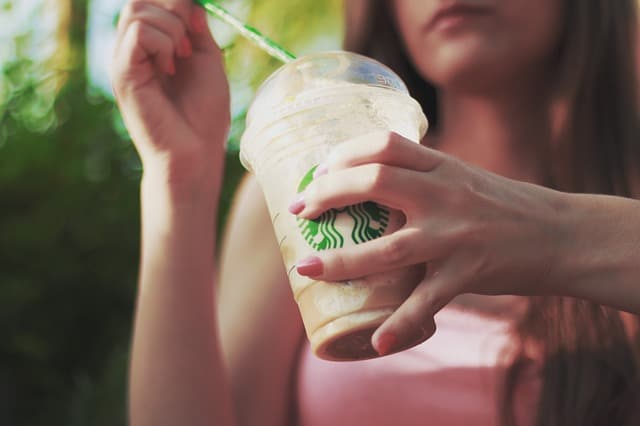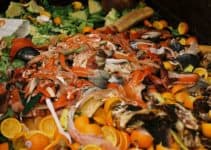With effect from April 2020, the UK government is going to prohibit the sale of plastic straws, cotton buds with plastic stems and drink stirrers in England. The government confirms a ban on the sale of single-use plastics from this date, The Guardian reported Wednesday.
The UK Environment Secretary Michael Gove and the Department for Environment, Food & Rural Affairs (Defra) have confirmed the ban after receiving the overwhelming support of the public for the move. It was first announced in April 2018 that it would work towards a ban, and consult manufacturers to find alternatives and be sure there was time for making necessary changes before its implementation.
“Urgent and decisive action is needed to tackle plastic pollution and protect our environment,” Gove said in the government announcement. “These items are often used for just a few minutes but take hundreds of years to break down, ending up in our seas and oceans and harming precious marine life.”
“So today I am taking action to turn the tide on plastic pollution, and ensure we leave our environment in a better state for future generations,” said Gove.
The scenes of plastic harming ocean wildlife in David Attenborough’s Blue Planet II two years ago haunted Gove, and that also prompted a public outcry in the UK and encouraged government action, BBC News reported.
The observation of the government after a public consultation held before the announcement was published on 22 May. Out of total 1602 responses, more than 80 percent of the respondents supported a ban on the distribution and sale of plastic straws, 90 percent supported a ban on drink stirrers, and 89 percent approved the ban on cotton buds.
In England, as per the annual estimation, people use 4.7 billion plastic straws, 1.8 billion plastic-stemmed cotton buds, and 316 million plastic stirrers. The estimated 10% of cotton buds are flushed down toilets and end up in waterways and oceans.
As per government estimates, there are over 150 million tonnes of plastic in the world’s oceans, and every year one million birds and over 100,000 sea mammals die from eating and getting tangled in plastic waste. A recent report estimates that plastic in the sea is set to treble by 2025.
This announcement follows the success of the government’s world-leading ban on microbeads and 5p charge on single-use plastic bags, which has seen distribution by major supermarkets drop by 86%.
However, the ban includes some exceptions. Before confirming the ban, the government consulted the disability groups to make sure that those with medical needs or a disability can still access them, BBC News reported. With that in mind, the government announced the following straw policy:
There are instances where using plastic straws is necessary for medical reasons and the government will therefore ensure that those that need to use plastic straws for medical reasons can still access them. Registered pharmacies will be allowed to sell plastic straws over the counter or online. Catering establishments such as restaurants, pubs and bars will not be able to display plastic straws or automatically hand them out, but they will be able to provide them on request.
The government believes this strikes the right balance between reducing environmental impact while protecting the rights of people with medical conditions and disabilities. The government will carry out a stocktake after one year to assess the impact of these measures and whether the balance is correct.
“If disabled people cannot access plastic straws when out it could put their health at risk as they may not be able to drink and could become dehydrated. We’re pleased the Government has recognized this in its proposals put forward today,” Trailblazers Manager at Muscular Dystrophy UK Lauren West said in the government press release.
“We would encourage Defra to continue consulting disabled people and groups like Trailblazers to ensure we are not disadvantaged or targeted and stigmatised for using single-use plastics.”
Plastic-stemmed cotton buds are used for medical and scientific purposes, including research and criminal investigations, so they will also still be available. However, drink stirrers will be banned entirely, BBC News said.
Within a two months’ time following the EU’s ban on conventional plastic items that contribute to 70 percent of marine litter, the English ban comes about.
Environmental groups in England welcomed the ban, but also urged the UK government to target the source of plastic production.
“To really tackle the plastic crisis we need bigger, bolder action from this government — including targets to radically reduce production of single-use plastics,” Greenpeace UK tweeted.
Friends of the Earth campaigner Emma Priestland agreed to the tweet and said: “These three items are just a fraction of the single-use nasties that are used for a tiny amount of time before polluting the environment for centuries to come,” as reported by The Guardian. “Ultimately, we need producers to take responsibility for the plastic pollution caused by all their products, whether it’s bags, balloons, packets, containers or otherwise. That’s why we’re campaigning for legislation to cut back on pointless plastic across the board.”







